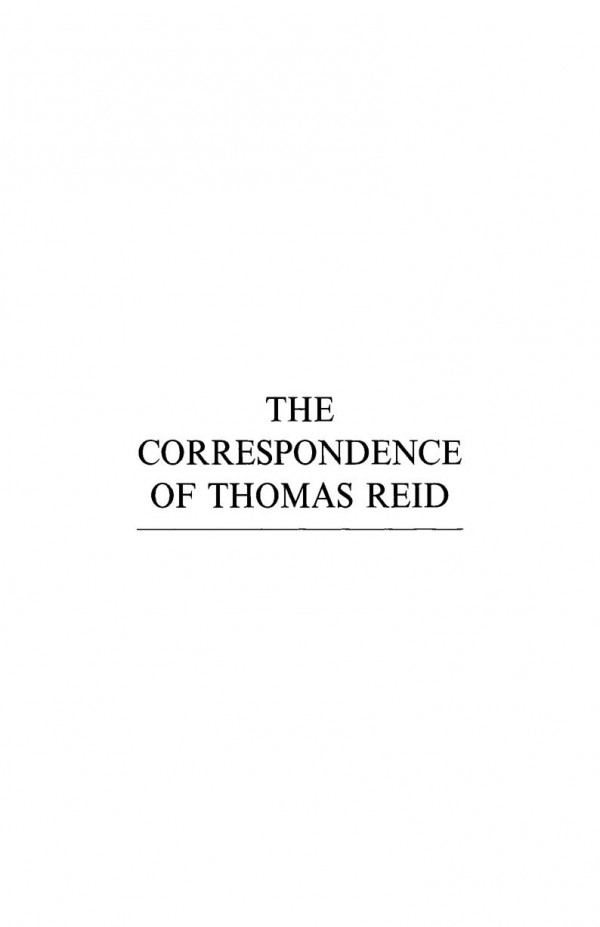

Most ebook files are in PDF format, so you can easily read them using various software such as Foxit Reader or directly on the Google Chrome browser.
Some ebook files are released by publishers in other formats such as .awz, .mobi, .epub, .fb2, etc. You may need to install specific software to read these formats on mobile/PC, such as Calibre.
Please read the tutorial at this link: https://ebookbell.com/faq
We offer FREE conversion to the popular formats you request; however, this may take some time. Therefore, right after payment, please email us, and we will try to provide the service as quickly as possible.
For some exceptional file formats or broken links (if any), please refrain from opening any disputes. Instead, email us first, and we will try to assist within a maximum of 6 hours.
EbookBell Team

5.0
98 reviewsThomas Reid (1710-96) is now recognized as one of the towering figures of the Enlightenment. Best known for his published writings on epistemology and moral theory, he was also an accomplished mathematician and natural philosopher, as an earlier volume of his manuscripts edited by Paul Wood for the Edinburgh Reid Edition, Thomas Reid on the Animate Creation, has shown.
The Correspondence of Thomas Reid collects together all of the known letters to and from Reid in a fully annotated form. Letters already published by Sir William Hamilton and others have been re-edited, and roughly half of the letters included appear in print for the first time.
The letters illuminate virtually every aspect of Reid's life and career, and, in some instances, provide us with invaluable evidence about activities otherwise undocumented in his manuscripts or published works. Through his correspondence we can trace his relations with contemporaries like David Hume and his colleagues at both King's College, Aberdeen, and the University of Glasgow, as well as his engagement with the most controversial philosophical, scientific and political issues of his day. The letters assembled here serve as the starting point for understanding Reid and his place in the Enlightenment.